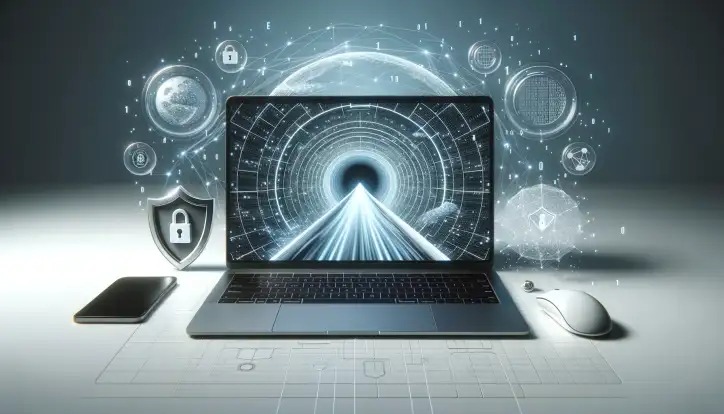What Does a VPN Hide? Answer: Most Things But Not Everything
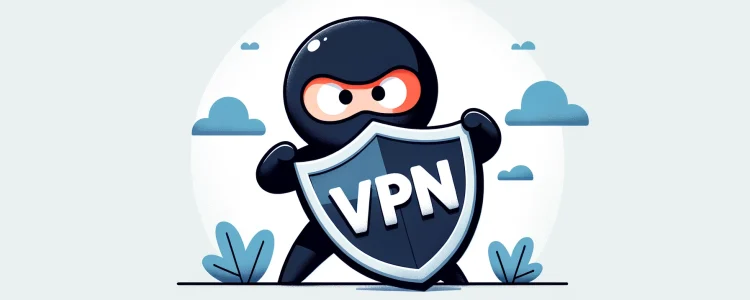

So exactly what does a VPN hide? I wanted to know this myself so I did some research to find out exactly what they hide and more important, what they don't hide. I was a bit surprised. I thought VPNs protected you against everything online. But they really don't.
What does a VPN hide?
Your Location
A VPN hides your location, making it seem like you're accessing the internet from somewhere else.
It's a handy tool for maintaining privacy and bypassing geographical restrictions.
Think of it like this: you're in New York, but your VPN makes it appear as though you're in London.
This way, your actual location remains concealed, and websites or services you access won't be able to trace your real whereabouts.
A VPN achieves this by rerouting your connection through a server located in a different place. Different VPN providers have different amounts of server locations, so make sure the countries you want to route your traffic through are available in the VPN you pick.
Your IP address
Your IP address is concealed by a VPN.
This is a crucial feature of VPNs, as your IP address is a unique identifier that can reveal your general location and internet service provider.
By hiding this, a VPN provides an extra layer of privacy while you're online.
It achieves this by routing your connection through one of its own servers, effectively masking your IP address behind its own.
So, when you're using a VPN, websites and online services see the VPN's IP address, not yours.
This not only protects your identity but also allows you to bypass geographical restrictions on content.
A VPN hides and protects your data
A VPN hides and protects your data by encrypting it and masking your IP address.
This ensures that your online activities remain private and secure.
Think of it as a secret tunnel, where your data travels safely, unseen by prying eyes.
This is particularly useful when using public Wi-Fi, often a hunting ground for hackers.
Moreover, a VPN can hide your browsing history from your ISP, preventing them from selling your data to advertisers.
A VPN hides your online activity
A VPN hides your online activity, effectively making your actions virtually invisible to prying eyes.
This is achieved by encrypting your data and rerouting your internet connection through a secure server.
In essence, it's like traveling through a private tunnel in the crowded highway of the internet.
Not only does it protect your browsing history, but it also masks your IP address and location, adding an extra layer of privacy.
Moreover, a VPN safeguards sensitive information such as passwords and banking details from potential hackers.
While a VPN doesn't make you completely anonymous, it significantly bolsters your online privacy and security.
Itself
A good VPN hides itself by concealing your online identity and data.
It achieves this by masking your IP address, making it seem like you're browsing from a different location.
This level of anonymity provides a shield against prying eyes, keeping your personal information secure.
Moreover, your internet service provider, or any potential hackers, will find it difficult to track your online activities.
By encrypting your data, a VPN ensures that even if someone intercepts your communication, they won't be able to decipher it.
In essence, a good VPN operates like a cloaking device for your online presence, providing an extra layer of security in the digital world.
What does a VPN not hide?
While VPNs are known for their ability to mask your IP address and encrypt your data, there are aspects they don't hide.
Your Browser History
While a VPN is an excellent tool for encrypting your internet connection and masking your IP address, it's important to understand that it does not hide your local browser history.
Your browser keeps a record of the websites you visit, the searches you make, and the files you download, all of which are stored locally on your device.
Even if you're using a VPN, this information remains accessible to anyone who gains access to your computer.
Therefore, if complete privacy is your goal, you'll need to manually clear your browser history or use incognito mode in conjunction with a VPN.
Your Account Activities
While a VPN can conceal your IP address and encrypt your data, it doesn't shield your online account activities.
For instance, if you log into social media or an email account, those platforms still track your interactions, messages, and other activities within the account.
Even with a VPN enabled, service providers can monitor what you're doing within your account, as the VPN only obscures your connection to the server, not the actions you take once logged in.
Therefore, using a VPN doesn't make you anonymous within the platforms you're actively using; it only secures the connection between your device and the internet.
Online Threats such as Viruses, and Infections
A common misconception is that a VPN provides an all-encompassing layer of security, including protection against viruses and malware.
However, a VPN is primarily designed to encrypt your internet connection and hide your IP address, not to act as an antivirus program.
While it can help you safely browse on public Wi-Fi and access geo-restricted content, it won't scan files for viruses or block malicious websites.
For comprehensive protection against cyber threats, it's essential to use a reputable antivirus software in conjunction with a VPN.
FAQ
Does a VPN hide you completely?
A VPN does not completely hide you, but it significantly increases your online privacy.
It masks your IP address and encrypts your data, making it harder for third parties to track your online activities.
However, your VPN provider can still see your internet traffic, and in some cases, information might leak due to technical glitches.
Moreover, certain websites might block VPN users, and legal authorities can request data from VPN providers.
So, while a VPN provides a layer of anonymity, it's not an absolute shield against all forms of online detection.
Can you be tracked if you use VPN?
Yes, even when using a VPN, you can still be tracked.
This is because while a VPN hides your IP address and encrypts your internet traffic, it doesn't make you completely invisible online.
Certain advanced tracking techniques, like browser fingerprinting, can still identify you.
Moreover, your VPN service provider has access to your browsing data, unless they have a strict no-logs policy.
So, while a VPN significantly increases your online privacy, it doesn't provide absolute anonymity.
Does VPN hide illegal activity?
Yes, a VPN can hide illegal activity, but it's not an absolute safeguard.
While it encrypts your data and masks your IP address, making your online actions harder to trace, it doesn't make these actions invisible or legal.
Remember, VPN providers may still have access to your browsing data and could be compelled to share it with authorities.
So while VPNs offer privacy, they shouldn't be used for illicit activities.
Can VPN owner see your history?
A VPN owner cannot see your browsing history.
The purpose of a VPN is to provide privacy and security by encrypting your internet connection.
This encryption prevents even the VPN owner from viewing your online activities.
However, it's essential to choose a reputable VPN provider, as some may log user data.
Remember, while a VPN hides your activity, it doesn't make you invisible online.
Can your internet provider see your history if you use a VPN?
Indeed, your internet provider cannot see your history when you use a VPN.
This is due to the encryption that a VPN provides, which cloaks your online activities.
Think of it as an invisible shield, keeping your browsing habits away from prying eyes.
However, it's crucial to note that not all VPNs offer the same level of privacy.
Some may keep logs of your activities, which can potentially be accessed later.
So, while a VPN can hide your history, choosing a reputable one is key to ensuring your online actions stay private.
References
makeuseof.comfortinet.com
pandasecurity.com
Read more
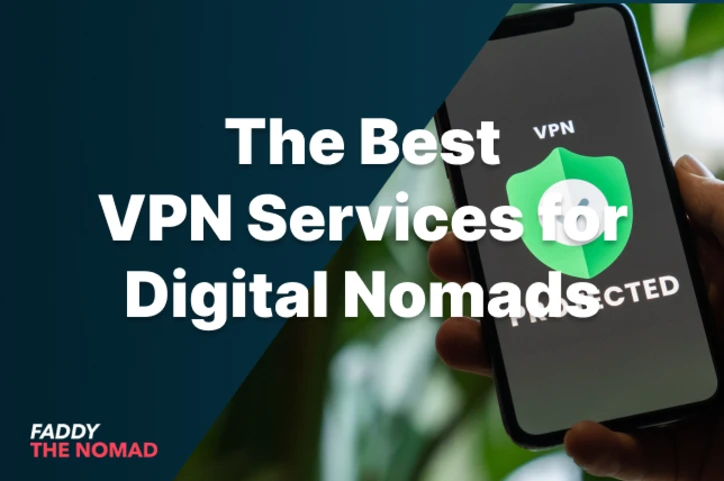
The 7 Best VPN Services in 2023 for Digital Nomads
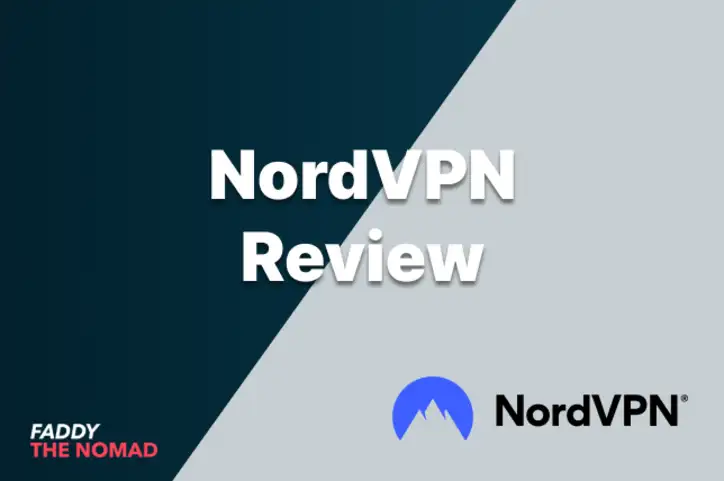
NordVPN Review 2023: Is It Worth The Hype?
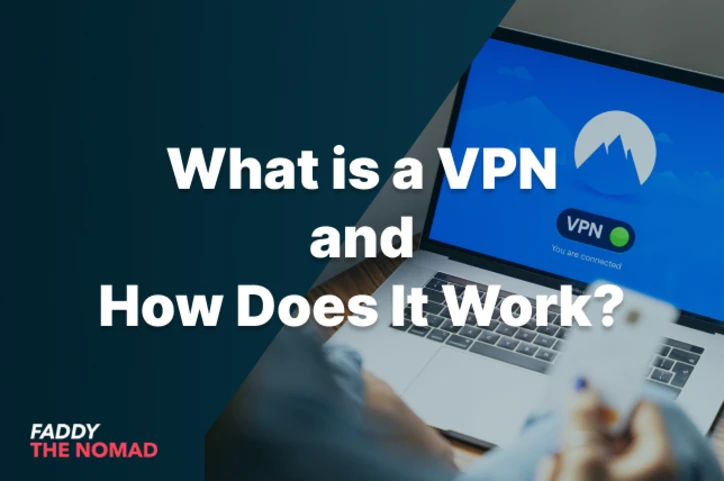
What is a VPN and How Does It Work?
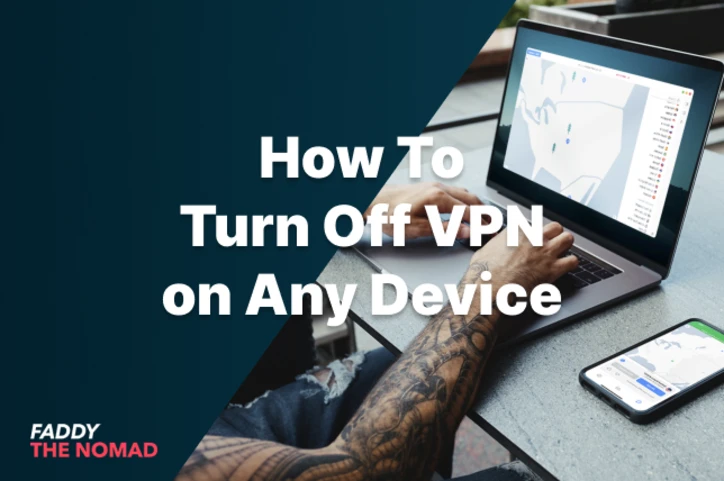
How To Turn Off VPN on Any Device
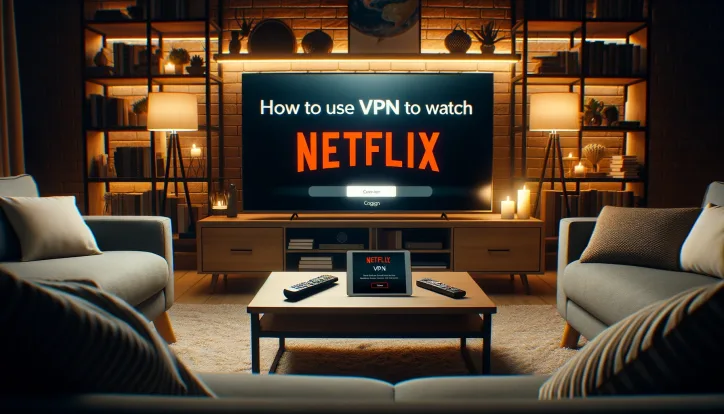
How to Use Netflix with VPN: Guide for Nomads & Travelers

What is a VPN on iPhone: Why You Absolutely Must Have One
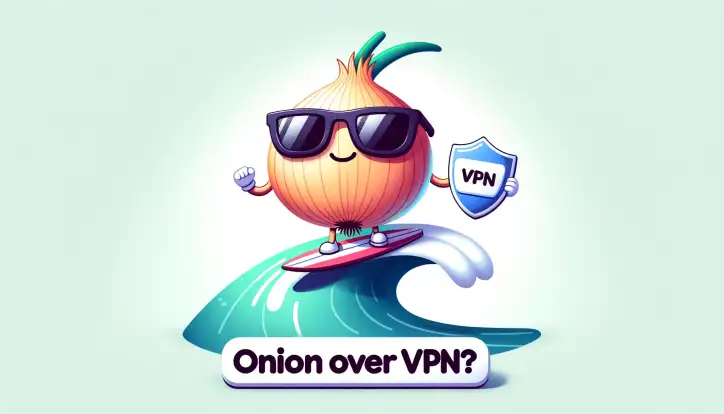
What is Onion Over VPN: The Ultimate Online Protection?

How to Use VPN on Xbox: An Easy Step by Step Guide
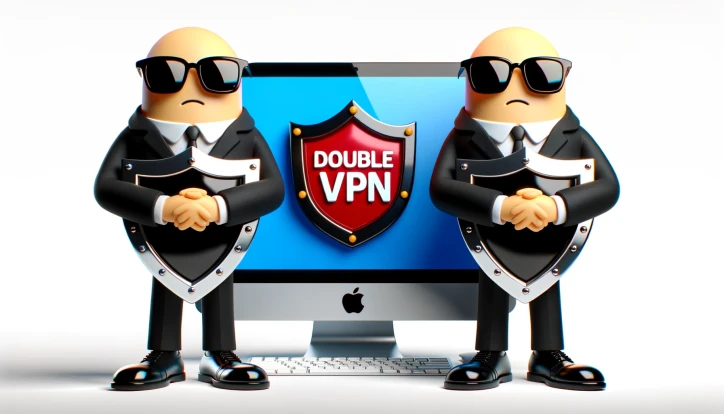
What is Double VPN? A Comprehensive Guide for Beginners

What is P2P VPN: A Comprehensive Guide for Digital Nomads
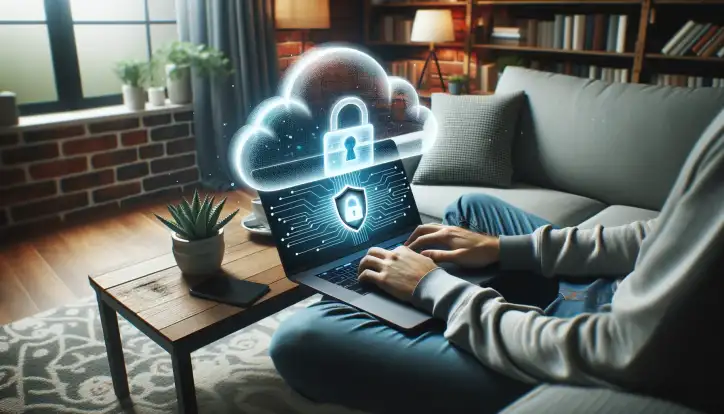
Why Use a VPN at Home: Top 7 Reasons You Didn't Know About
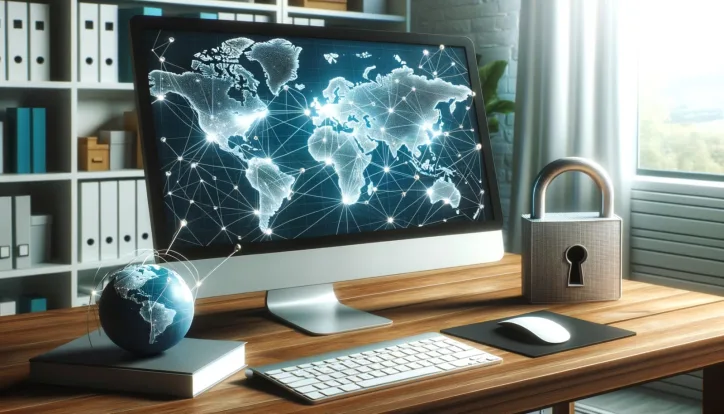
How Secure is a VPN: An In-Depth Analysis

What is a VPN Router? A Beginner's Guide

How Do I Know My VPN is Working? Here's How to Check

How to Use a VPN on a School Chromebook: Step-by-Step Guide

What is Open VPN: The Definitive User Guide
